When you process a traditional transaction using a bank or another payment service provider, you can easily view the transaction history and other details, like the recipient’s account number, from your bank statement. In the crypto world, transactions are decentralized, so their records work differently.
When you send crypto from your wallet to another wallet address, the only way to re-check the transaction details or confirm it got to the recipient is through a blockchain explorer. This article clearly explains what blockchain explorers are, how they work, and how to use them as a crypto trader or investor.
What is A Blockchain Explorer?
A blockchain or block explorer is a tool used by cryptocurrency users to search and view transactions stored on a public blockchain. The block explorer acts like a blockchain’s search engine, allowing users to access the details of every transaction, wallet address, and transaction block on the chain.
That means when you send Bitcoin to your friend, you can use a blockchain explorer to trace the coin’s journey – from its origin to its destination. You can also view the balance of any wallet address and verify the status of pending transactions.
Many blockchain explorers are out there, each with unique features and capabilities. However, at their core, the goal is to provide a transparent and accessible view of the data stored on a blockchain. So, blockchain explorers come in handy if you have questions about the transactions you processed during a period or how much of your funds went to gas fees.

How Do Blockchain Explorers Work?
Every blockchain stores its transactions publicly. That’s why they are preferred for having better transparency than traditional currencies. Blockchain explorers leverage a network’s publicly available data to filter through its wallets, transactions, and blocks. They provide up-to-date data for all the processed and stored transactions. So, whether you need the details of a blockchain’s very first block or the most recent one, you can access it without stress.
Typically, you’ll need to enter the transaction ID you need to track, its wallet address, block number, or smart contract address using the tool’s search bar. Afterward, you can go through the results to get the data you need.
What Are Some Popular Blockchain Explorers?
Different blockchains have explorers created for them. That means an explorer can work with only one blockchain. For instance, you need a Bitcoin block explorer to review transactions on the Bitcoin blockchain.
Some popular blockchain networks and their explorers include Blockchain for Bitcoin, Etherscan.io for Ethereum, BNB Beacon Chain Explorer for BNB Beacon Chain, Solana Explorer for Solana, and Tronscan for Tron transactions.
If you’re interested in finding a blockchain explorer for another blockchain not listed above, you can check out the blockchain you want to explore on crypto aggregator sites like CoinMarketCap or CoinGecko, then click on the section labeled “Chain explorers.”
Blockchain Explorer Use Cases For Individuals and Businesses
While a block explorer is used to screen transactions stored on a blockchain, the tool serves different purposes for various users — just as shown below:
Cryptocurrency Traders
When buying or selling cryptocurrencies, a block explorer can help traders check the status of their transactions. For instance, if you buy Bitcoin on the Zypto App and haven’t received it in your wallet, you can verify whether the transaction has been confirmed by viewing the transaction details via Blockchain, Bitcoin’s block explorer.
Crypto Miners
Block explorers help miners verify if they have successfully mined a block. To mine a block, they must have validated the transaction. So they can determine the transaction status directly on the blockchain. They can also access other relevant information related to mining activities, such as block rewards, mining difficulty, and the network’s hash rate.
Network Validators
Validators in decentralized blockchain networks or DeFi protocols, particularly those in Proof-of-Stake (PoS) or Delegated Proof-of-Stake (DPoS) networks, can use block explorers to monitor their blockchain activities and validate transactions.

Business Owners
Entrepreneurs can use blockchain explorers to analyse their projects’ on-chain transaction data. This gives them insights into how their products or services interact with the blockchain and helps them determine the overall performance and impact of their business operations.
Crypto Enthusiasts
Crypto enthusiasts who are still on the fence about their next line of action or those just exploring the crypto space can easily get into the technical aspects of blockchain technology through block explorers.
The information they can get through these explorers include but are not limited to the network’s latest transactions, blocks, block difficulty, hash rate, block height, transaction fees, and transaction volume. It’s like a library of information for those interested in the inner workings of their preferred blockchain.
Developers and Researchers
For developers and researchers, blockchain explorers can be used to analyze market trends, identify patterns, and understand the overall health of a blockchain network before building on it.
Are Blockchain Explorers Safe to Use?
Typically, blockchain explorers are safe to use. Provided they are legitimate, you can share your public wallet address with blockchain explorers. After all, the data that can be seen in your wallet address is already visible on the public blockchain.
However, ensure you only interact with tested and trusted block explorers for any blockchain you want to assess. If you’re not familiar with it, it’s best not to share your wallet information.
Plus, you should never share your private keys through any public channel. That’s the only way hackers can get access to your wallet. So, to avoid hacks or similar issues, keep your private keys safe.
Conclusion
Whether you’re an active crypto trader, an investor, or simply a market explorer, blockchain explorers can make a great deal of difference to your market research, investing, or general crypto needs. They offer real-time insights to users without intermediaries.
Closing Zypto Promotion
Zypto App is an all-in-one crypto app for your various crypto needs. Whatever category of blockchain explorer user you are, you can buy, sell, trade, and invest in thousands of digital assets on the user-friendly app. You also get to process crypto bill payments, virtual and physical prepaid crypto cards, access the USDC-to-Cash & Cash-to-USDC global service with Stellar and Moneygram, and other services. Visit Zypto today to understand how the platform’s various features work.
Ever analyzed the market with a blockchain explorer? Which of the options in this article have you used in the past? Let’s have your experience below.

FAQs
Can I use one blockchain explorer for different cryptocurrencies?
No, each blockchain has its dedicated explorer. Find the one for the blockchain you’re interested in.
What is the best Bitcoin blockchain explorer?
Blockchain is arguably the most popular block explorer for the Bitcoin blockchain. However, solid alternatives like Bitcoin Explorer and Blockchain.com also exist.
Can anyone see my Bitcoin transactions?
Yes! Anyone with your Bitcoin wallet address can check your transactions. However, they also need a blockchain explorer to do so.
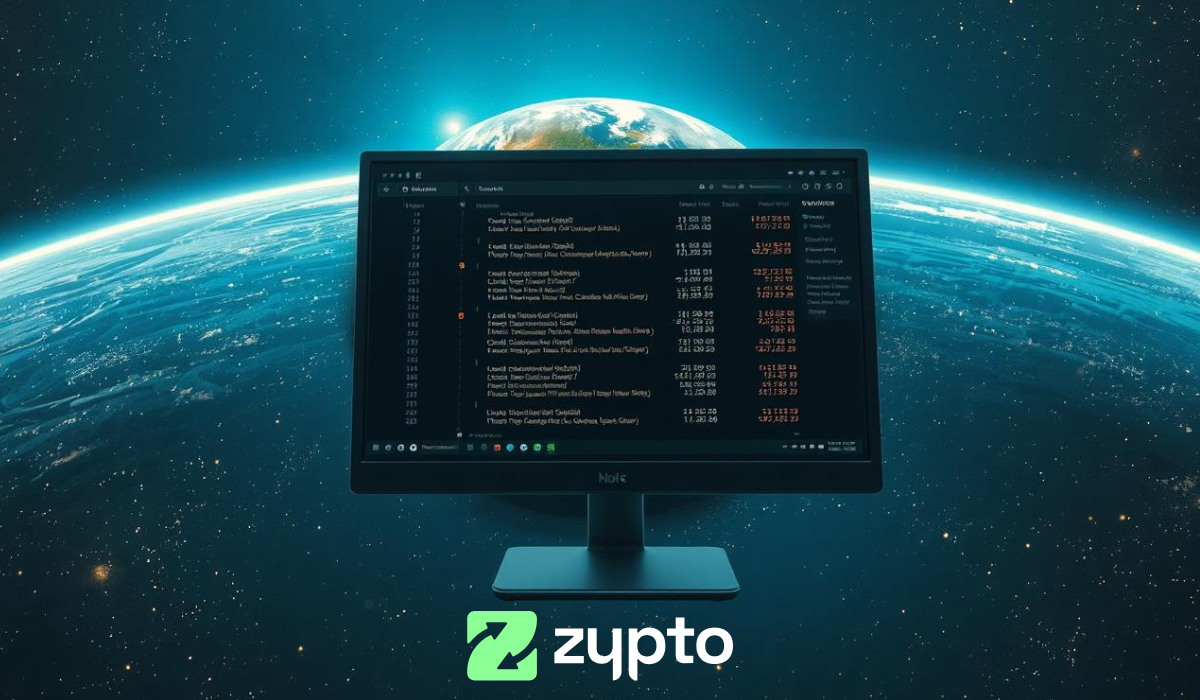
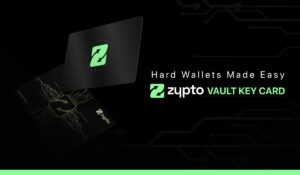














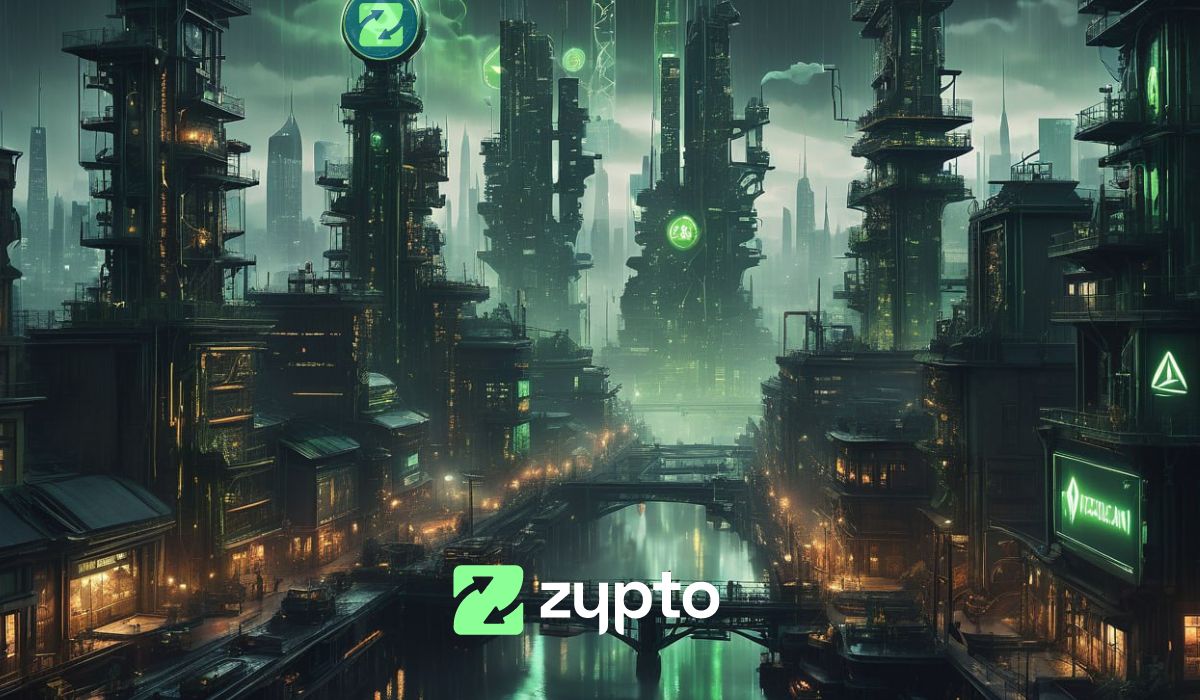

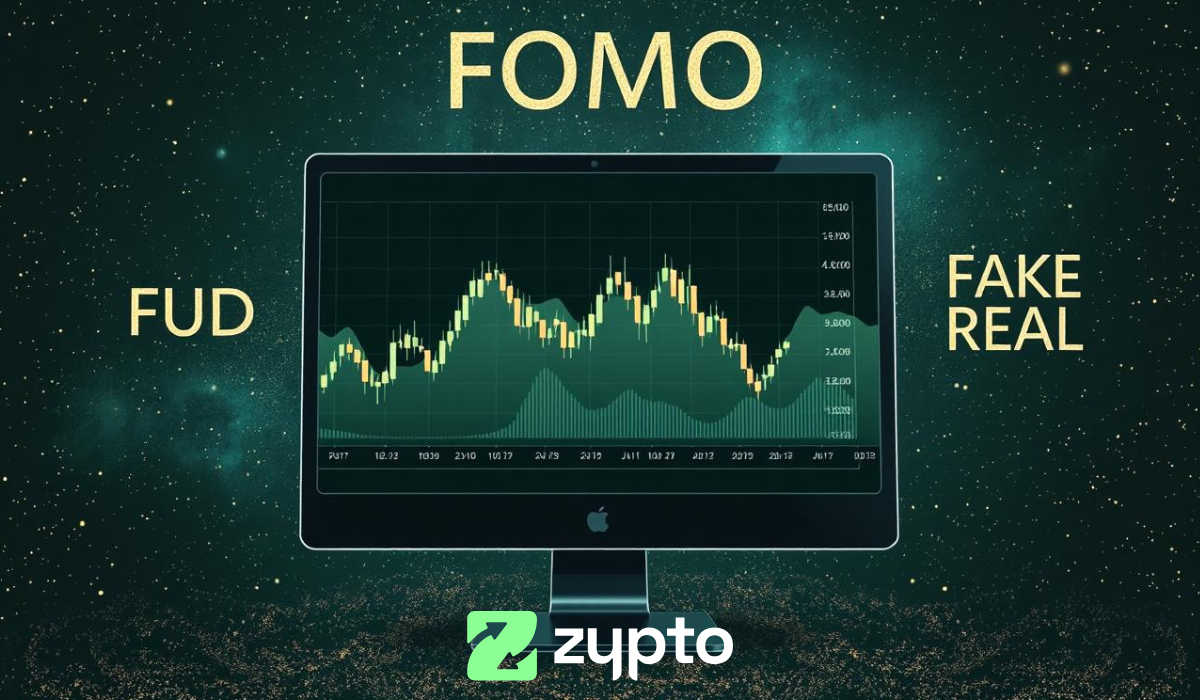
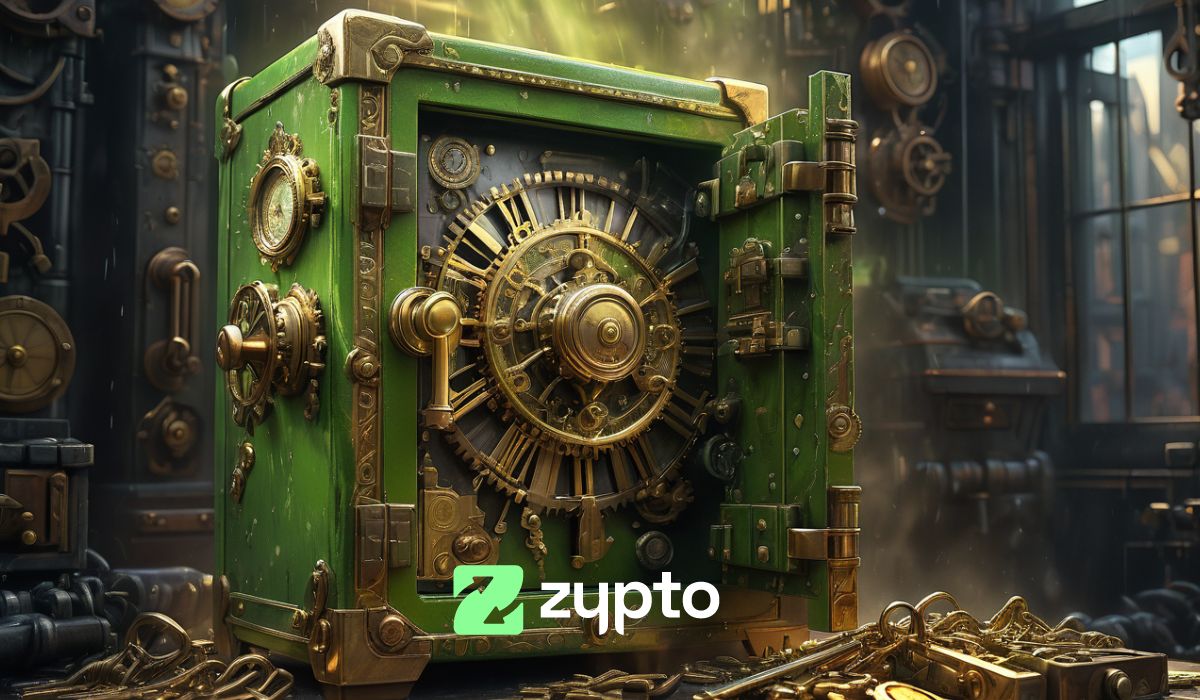



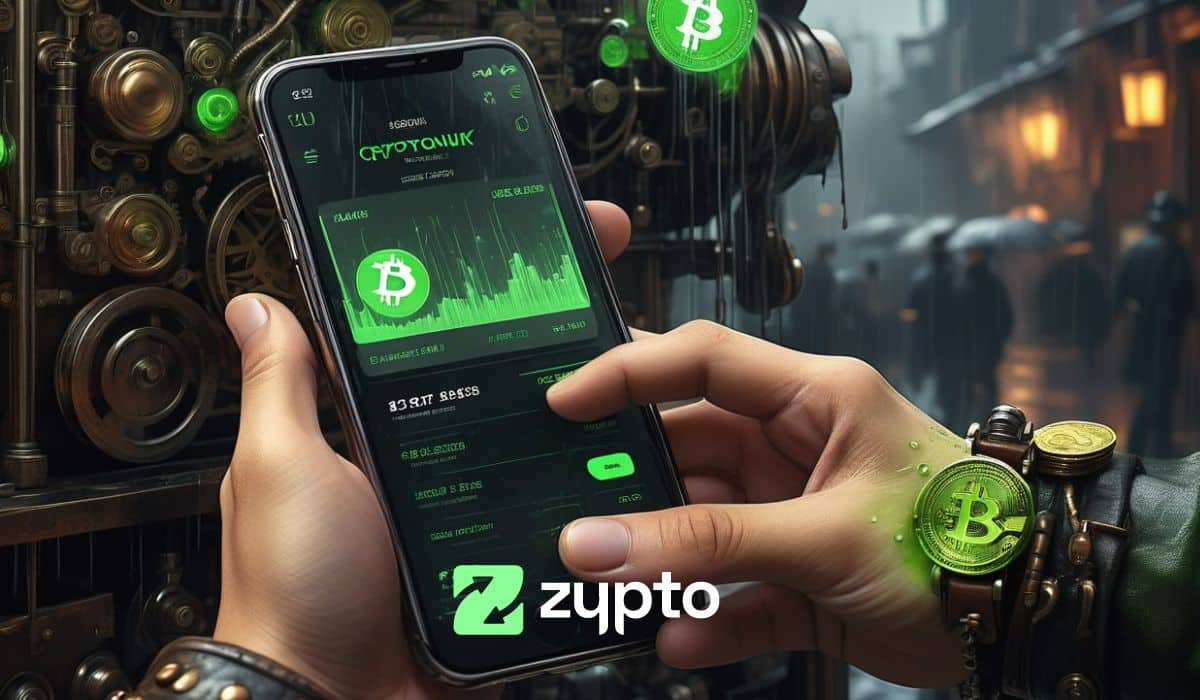





0 Comments